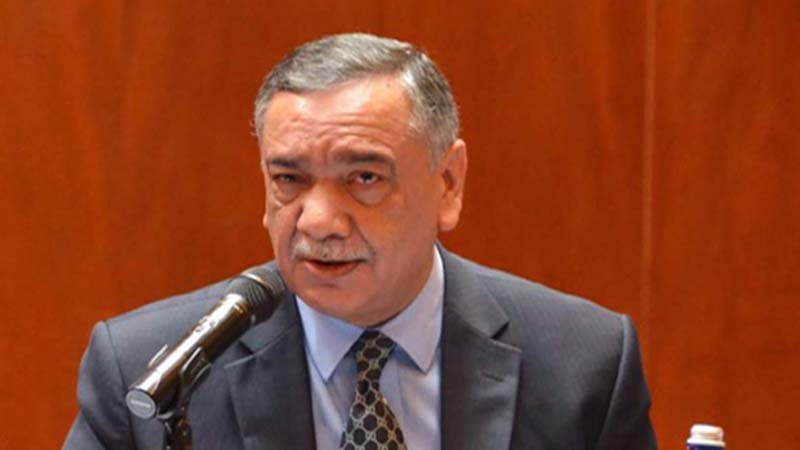Convicts are penalized, punished and sentenced to jail for the acts against the law and constitution. The practice is to hold the person accountable for the unlawful action or attempt of an action anyone. But it is certainly not a fair policy to exercise the same policy against the one who has done corruption as the funds or proceeds remains with him or with his family. That is why the court usually orders the convicts to submit money challans or fines in order to recover the money and to accommodate the loss.
Taking this practice a bit further, the Chief Justice of Pakistan Asif Saeed Khosa has announced that convicts in corruption cases will have to pay their fines even if they die. CJP Khosa was heading the three-member bench that included Justice Mushir Alam and Justice Yahya Afridi to hear the case filed by the widow of DSP Akhtar Kiyani. The court ordered the widow Mrs. Riaz Bibi to pay the fine initially imposed in 2003, apart from the 10 years imprisonment awarded to the late DSP over unlawful use of power. CJP added that the fine cannot be decreased rather it could be increased as the value for money has much decreased since 2003.
In another case, a cashier named Muhammad Kaleem Bhatti in district commissioner’s office was sentenced to five years with a fine of 15 million rupees. He was convicted for owning property worth 1.9 million rupees which were undoubtedly beyond his means.
Bhatti served an additional 2 years in jail to accommodate the fine for 15 million rupees. National Accountability Bureau challenged the action in Supreme Court and CJP Khosa took action on the matter by ordering Bhatti to pay the fine despite the additional time spent in jail. He said, “After serving seven years in jail, have your properties [bought by money earned through corruption] become legal? Fine will have to be paid even if the prison sentence has been served,”
The decision by the CJP is quite just, as the best punishment for corruption cases is to get the looted funds back. The convict may complete the sentence or might pass away, but the money or property made by corruption is left with the heir which must be taken back as a penalty.

